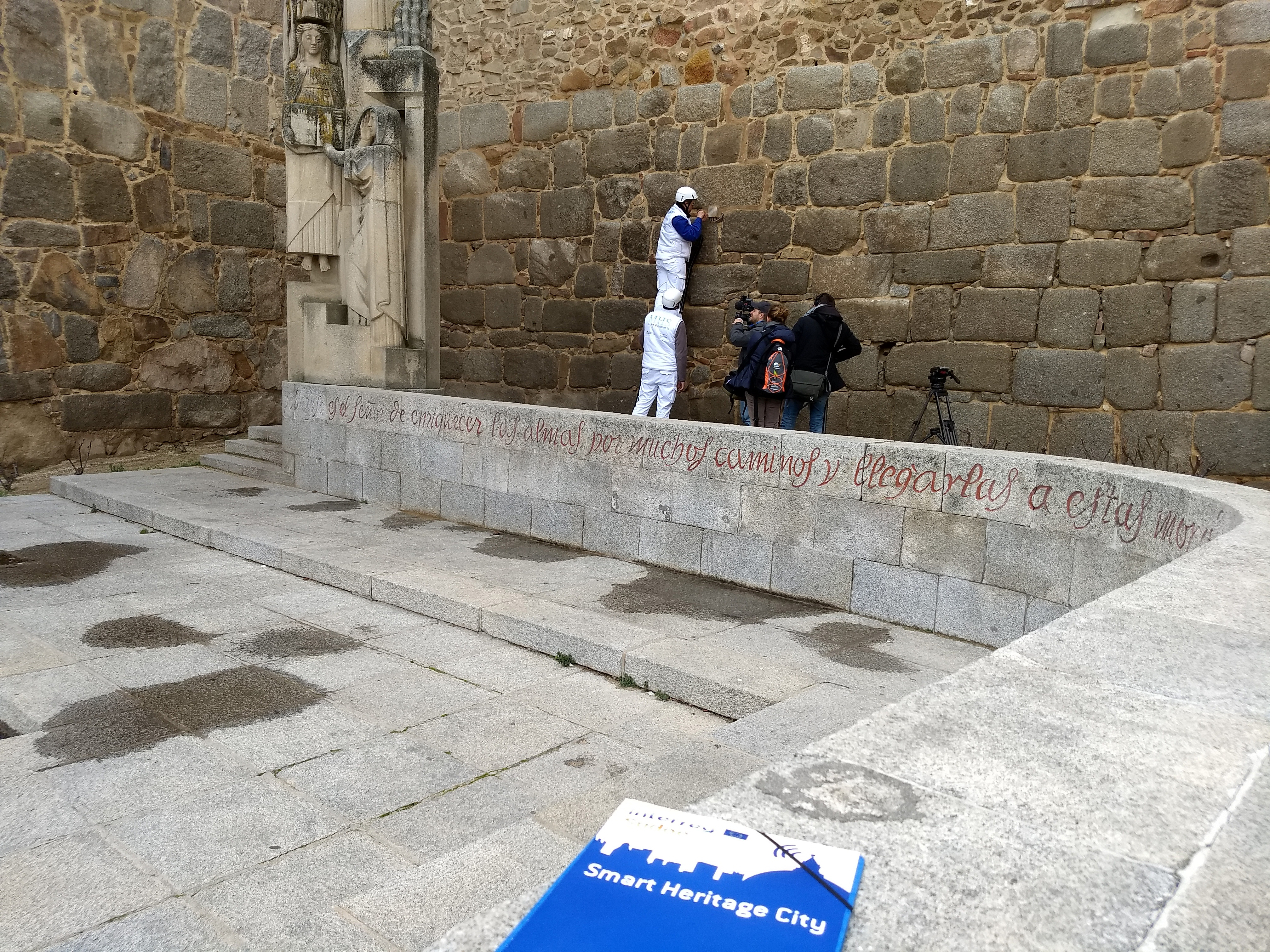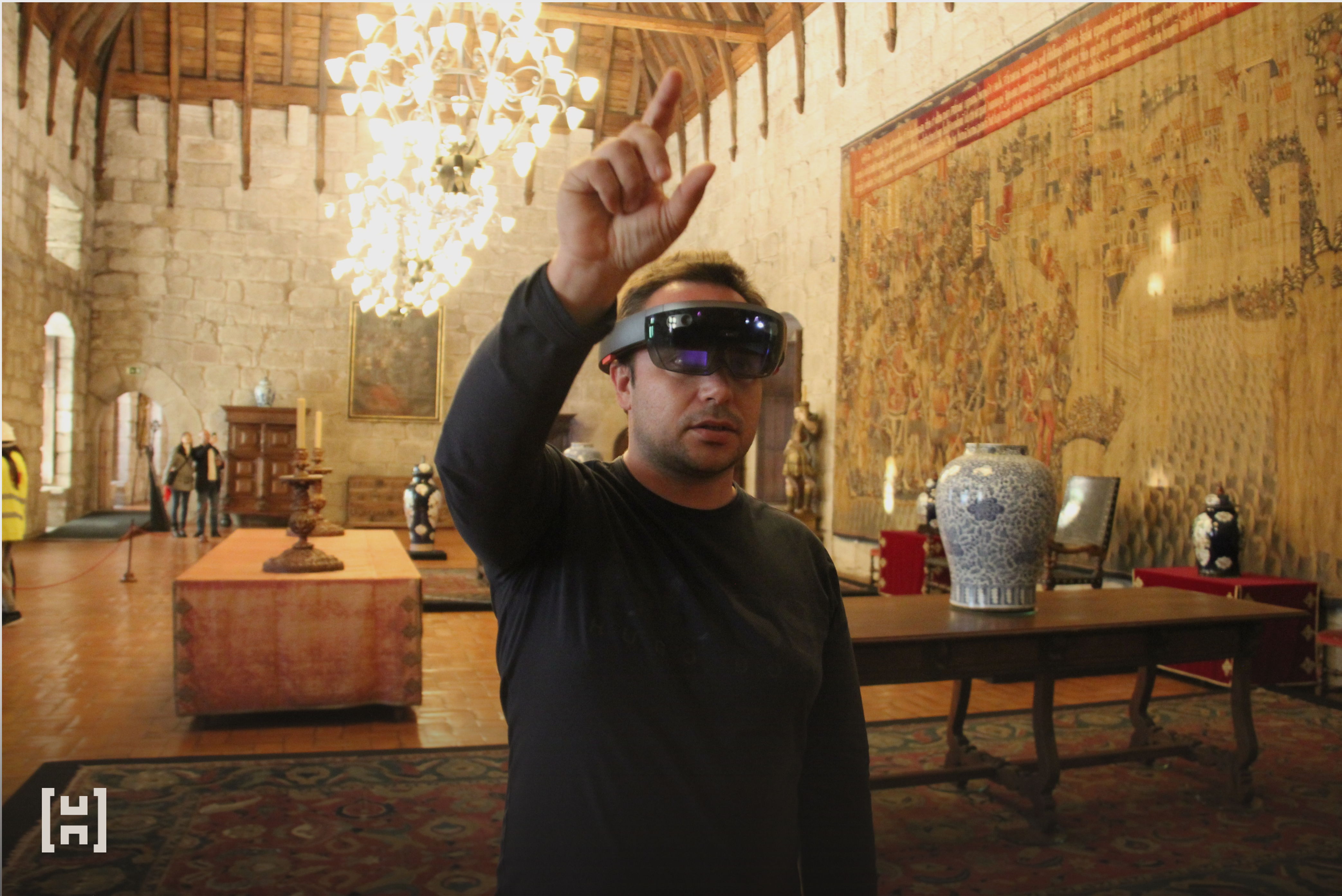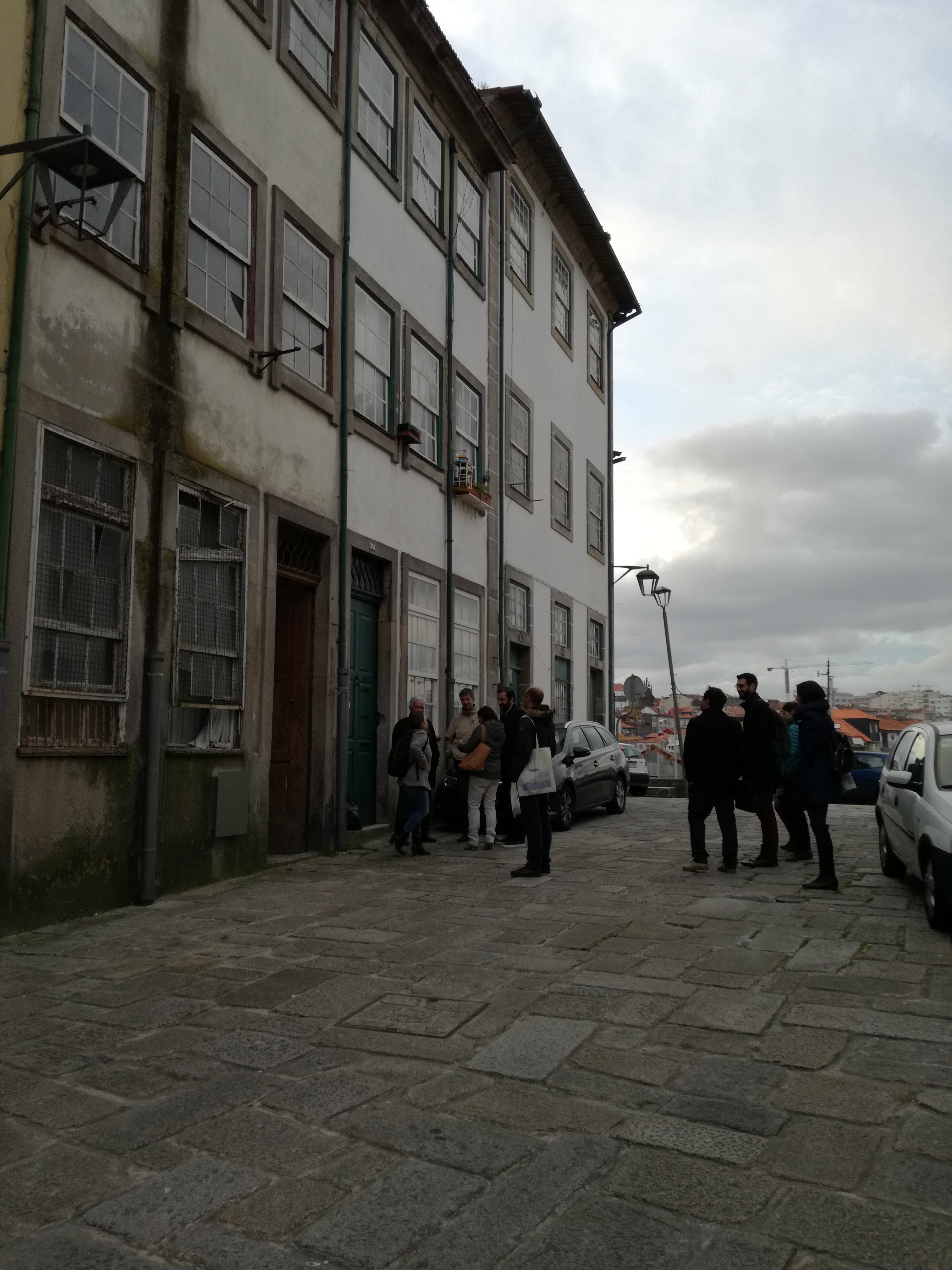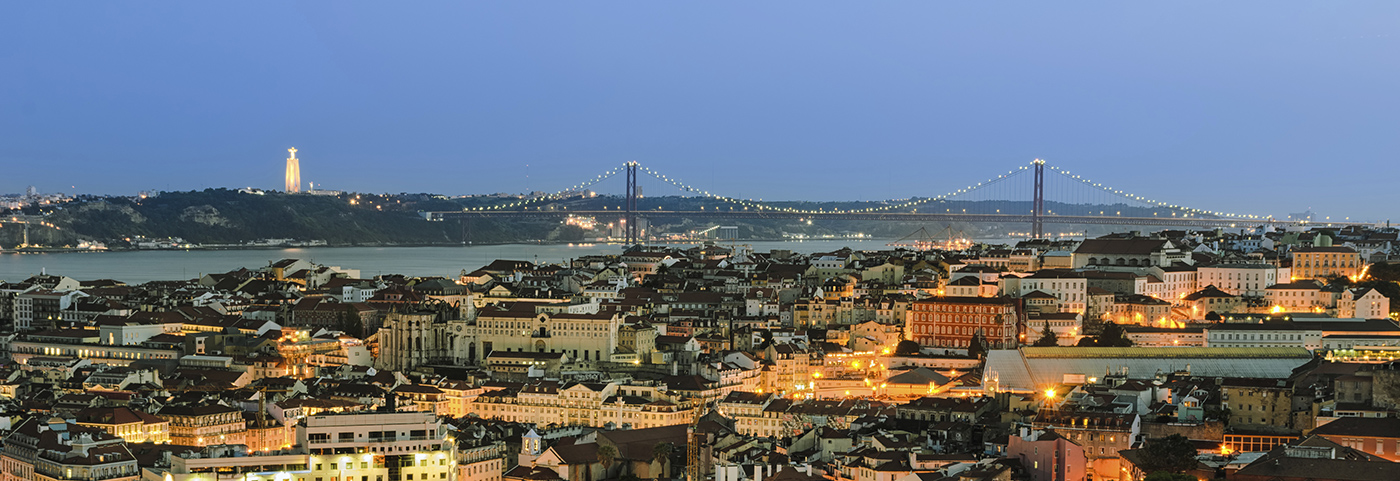Communication
Sudoe News
The European Year of Cultural Heritage came to an end
Categoría General
The European Union and the cultural heritage
Due to human and natural threatens (wars, criminal acts, natural disasters, etc.), Europe has lost part of its heritage. Moreover, the development of the cultural sector was affected by economic crisis, translated into less financial and political support. Nevertheless, cultural heritage enriches citizens lives, boosting economic growth, employment and EU social cohesion and enabling European identity’s consolidation which is the basis of the European Peace Project. For this purpose, the later pays specific attention to the protection and enhancement of the European cultural heritage.
In the Treaty on the Functioning of the European Union (TFEU), article 167 specifies that regarding culture, the Commission takes action in support to the Member States. Therefore, the European Union develops a set of policies and programmes to support and complete Member States actions in view at preserving and promoting the European cultural heritage.
Among them, we can mention the following programmes: “Culture 2000”, “Culture 2007-2013 and “Creative Europe”, with funding lines for initiatives related to cultural heritage. Thus, between 2007-2013, € 3.200 million from the European Regional Development Fund were invested in cultural heritage while € 1.200 million from the European Agricultural Fund for Rural Development in rural heritage and around € 100 million from the seventh Framework Programme for Research in heritage. Furthermore, the European Union counts on specific actions such as the European Heritage Days, the European Heritage Award and the European Heritage Label.
2018 a very special year
In order to raise citizens awareness regarding cultural heritage and reinforce the European identity. 2018 has been dedicated to the European cultural heritage under the motto “Our heritage, where the past meets the future”. In this line, a number of initiatives were managed all over Europe to guarantee the engagement of citizens with their heritage. Among the activities, the main to be highlighted are:
- Activities to promote the citizens engagement: there was a publication with 101 ideas for events in the framework of the European Heritage Days 2018. European youth took part in the European Heritage Makers Week sharing stories about shared heritage. A special award was created in the framework of the access cities award for two cities that made their heritage accessible to everyone. The Joint Research Service of the European Commission created the Story Maps. Several educational and awareness activities for youngsters were launched such as a report on the inclusion of heritage in trainings, an eTwinning book, a kit of tools for teachers and an educational game.
- Activities for Sustainability: the Leeuwarden Declaration was adopted for the reuse of built heritage. The Barcelona Declaration on tourism and heritage was approved providing a set of recommendations for the cultural sustainable tourism.
- Protection Measures: a number of recommendations were approved in Venice on the qualitative principles of heritage’s interventions. A kit for the fight against the illicit traffic of cultural goods was jointly created with UNESCO, a study on the protection of heritage against man-made disasters and a study on research and innovation strategies for a more resilient cultural heritage.
- Innovation Measures: the coordination groups of open method (Council) produced two reports: one on knowledge transfer in jobs linked to heritage and another one on the participatory governance in heritage field.
Interreg Programs are also involved in cultural heritage protection
Funded through the European Regional Development Fund (ERDF), Interreg programs fund several projects on cultural heritage, through different thematic axis (innovation, natural resources efficiency, energy efficiency, governance, etc.). On the occasion of the European year of Cultural Heritage, 97 projects from crossborder, transnational and interregional Interreg programs were awarded with the European year label.
Interact has collected all these Projects in a single publication that can be downloaded here.
What about Interreg Sudoe?
Among these Projects, we have three Interreg Sudoe projects of 2014-2020 period:
- Smart Heritage City (SHCITY) is a project that made possible the creation of an open code tool to manage historic centres and support policy-makers regarding heritage protection and valorisation initiatives. The project uses ICTs and professionals in the field of heritage knowledge to collect data on the old towns, translating potential risks for heritage (fungi, cracks, humidity, etc), and therefore, enabling early interventions in buildings and boosting energy efficiency. In addition, the project offers an application addressed to tourists in order to facilitate the organization of their visits taking into account the number of visitants, the distances, etc.
SH City are:
- 5 Regions Nouvelle Aquitaine (ex Aquitaine), Basque Country, Castilla y León, Valencian Community, Lisboa);
- A budget of 1.190.000€- 890 000€ of whom were provided by ERDF;
- More information: www.shcity.eu
- Video: https://youtu.be/MCx9d4v9N2g

- HERITAGE CARE addresses the need of guarantee a preventive conservation of the systematic built heritage in Southwestern Europe. In this way, the project provides methodologies of comprehensive and enduring conservations for both owners and heritage managers for a proper preservation of buildings.
HERITAGE CARE are:
- 4 regions: Nouvelle Aquitaine (ex Limousin and ex Auvergne), Castilla y León, North and Andalucía;
- A budget of 1.690.000€, 1.260.000 of whom were provided by ERDF;
- More information: http://heritagecare.eu/
- Video: https://youtu.be/MCx9d4v9N2g

- ENERPAT makes possible the old buildings renewal on the basis of the energy efficiency. Its methodologies improve the heritage management and the inhabitants comfort. For its development, the project is based on three pilot projects: the renewal of buildings in the old centres of Oporto (PT), Vitoria-Gasteiz (ES) and Cahors (FR).
ENERPAT are:
- 4 regions: Nouvelle Aquitaine (ex Aquitaine), Occitanie (ex Midi-Pyrénées), Basque Country, North (Portugal);
- A budget of 1.880.000€, 1.420.000€ of whom were provided by ERDF;
- More information: http://www.enerpatsudoe.fr/




